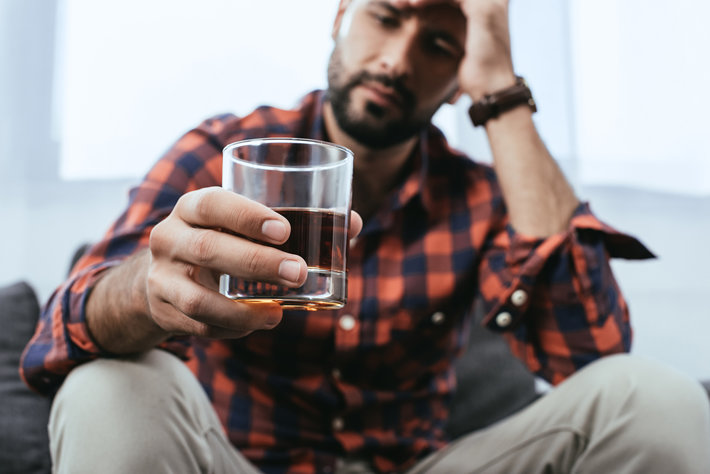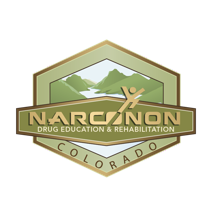The Mistake of Trading One Addiction for Another

Sometimes when a person gets clean off of drugs they feel that it is still ok to use other drugs or alcohol that were not their main “drug of choice” during their active addiction. This can be problematic for several reasons which are why we usually advocate complete sobriety when it comes to addiction recovery.
When it comes to drinking or using other drugs during addiction recovery here are some of the common problems that it often leads to:
It can lead to another addiction.
Just because a particular drug was not your original drug of choice does not mean that you cannot become addicted to it. Sometimes people who are in recovery from hard drugs think that it is safe for them to drink alcohol because it is legal and they didn’t have a problem with it before. The thing is that if you have had a substance abuse problem in the past, your chances of developing a drinking problem are higher than that of someone who hasn’t.
It can lead you back to using your original drug of choice.
Because alcohol lowers a person’s inhibitions, someone who may be committed to staying clean while they are sober may feel their resolve decline while under the influence of alcohol. This can be especially true in a bar, nightclub or party situation where there are usually other drugs present. Many people who have ended up relapsing on drugs did so while under the influence of alcohol.
It can develop into an unhealthy coping mechanism.
A person with a history of addiction has usually used their particular drug of choice as a way to avoid dealing with uncomfortable emotions. This is one of the aspects of addiction that makes it so challenging to overcome because true addiction recovery requires that a person develop new coping mechanisms. A person who has used drugs in the past will be more likely to use alcohol as a crutch or coping mechanism than a person without a history of drug addiction.
It increases the likelihood of returning to treatment.
Just because a person originally went to treatment for one type of drug doesn’t mean that they wouldn’t need to return to treatment if they developed an alcohol problem. Some people have the misconception that you have to be an alcoholic to have a problem with alcohol and this simply isn’t true. There are many people out there who have a problem with substance abuse that may not qualify as a full-blown “alcoholic” but could still benefit from living a sober lifestyle.
Just because it’s legal doesn’t mean it’s good for you.
A common justification that is used for drinking alcohol is that it is legal, but just because alcohol is legal doesn’t mean that it is healthy or a good idea to use it if you have a history of substance abuse. Alcohol has a laundry list of negative side effects that can impact a person’s mental, emotional and physical health. Long term alcohol use can lead to health problems of the heart, liver, and pancreas. Alcohol use also increases the chance of developing multiple types of cancer.
Because of these reasons and more the best thing that a person in addiction recovery can do for themselves and their family is to remain 100% clean and sober.
Resources:
https://www.niaaa.nih.gov/alcohol-health/alcohols-effects-body


